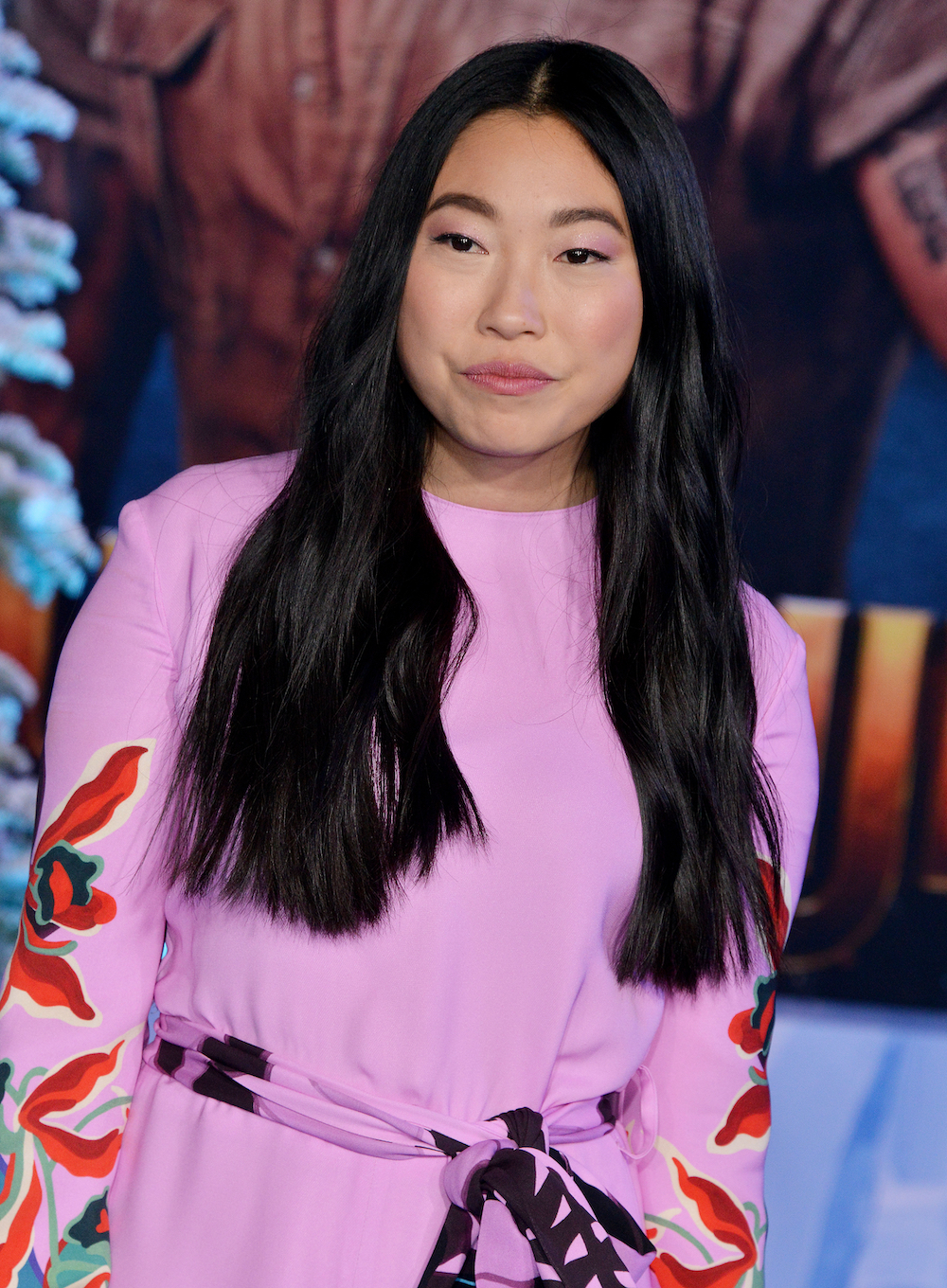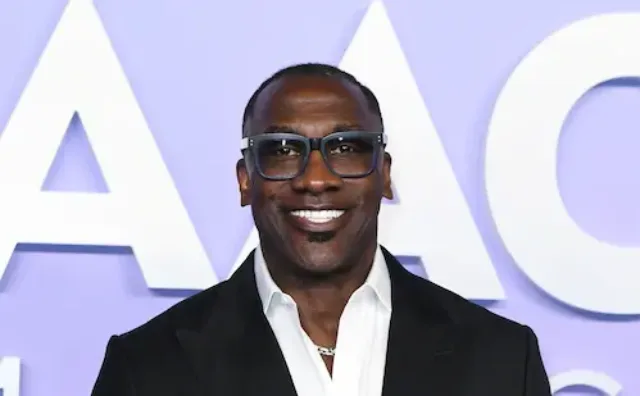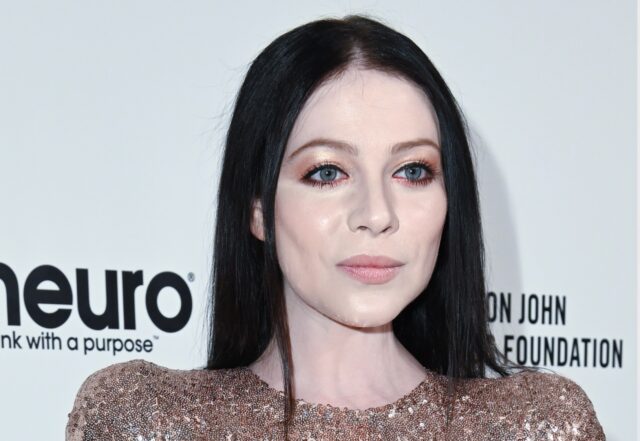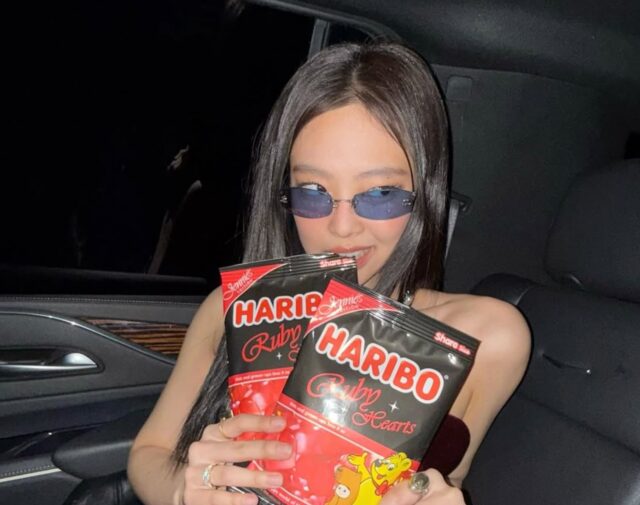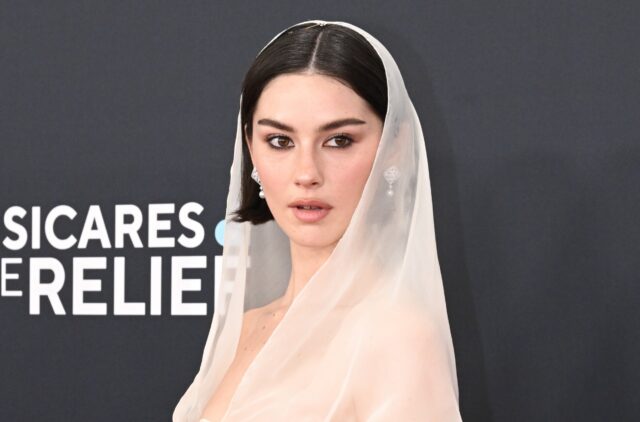Awkwafina Under Fire for ‘Blaccent’ Controversy
Awkwafina is getting heat for past behaviors. The Shang-Chi and the Legend of the Ten Rings actress, 33, has been accused of using a “blaccent” in the past, and she was confronted about it in an interview with Reuters Showbiz.
The actress addressed the issue, opening the door for the conversation, but avoided discussing it. She stated, “Um. You know, I’m open to the conversation. I think it really is something that I think is a little bit multi-faceted and layered, and so yeah.”
.@awkwafina addresses controversy of her using a ‘blaccent’ in films: pic.twitter.com/razgNiTFke
— Reuters Showbiz (@ReutersShowbiz) September 10, 2021
Last month, Awkwafina faced backlash for being a hypocrite after a 2017 VICE interview went viral, where she claimed to refuse to do accents.
“I refuse to do accents. I’m not okay with someone writing about the Asian experience for an Asian character. Like that’s annoying, and I make it very clear, I don’t ever go out for auditions where I feel like I’m making a ministerial out of our people.”
Awkwafina is truly a nasty person because when she was finally asked the burning question her ass couldn’t even answer. Yet she was using that blaccent to get a check every chance she got, keep that same energy pic.twitter.com/f8fxqGrnIk
— ❀ Steph ❀ (@blkvrsce) September 18, 2021
Fans begged to differ regarding her refusal of doing accents. Many believe she used the “blaccent” as a rise to fame. As early as 2012, Awkawafina posted a video on YouTube of herself rapping a Mickey Avalon cover called “My Vag.” The video went viral and climbed to fame from there.
The fact that Awkwafina used her blaccent and minstrelsy to get put on then dropped the act and became Nora to be seen as a legitimate actress/performer pisses me off to no end. Black folks are a stepping stone to these people and it’s sickening
— Tanesha, RN 👩🏾⚕️🩺💉🏥 (@ERnurse86) September 13, 2021
In the film Crazy Rich Asians, Awkwafina used a “blaccent” to portray the character Peik Lin Gon, Rachel’s “funny, abrasive, and unfiltered” best friend. An example of this is when Peik Lin is talking to one of the characters named Rachel. “But you can’t swerve,” Peik Lin says, raising her left index finger. “You gon’ roll up to that weddin’ and be like ‘bawk bawk, b*tch.’”
In Ocean 8’s she played Constance, “a scrappy, die-hard hustler from Queens’” who used African-American Vernacular English. People believe Awkwafina reawakened culture appropriation, having non-black people talk “black,” so to speak.
Despite the recent backlash, Awkwafina has yet to apologize for this matter.

Writer

